Wait, Has That Happened to You?
Let me set the scene: you’re laughing a little too hard at dinner—someone tells a ridiculous story, you take a sip of water, and then… boom. Suddenly, water shoots out your nose. Embarrassing? Sure. Kinda funny to everyone else? Absolutely.
But have you ever wondered: is nasal regurgitation dangerous? Or is it just one of those laugh-until-you-snort moments? Honestly, I used to shrug it off—until it happened to me three times in a month. That got me thinking, maybe there’s more going on.
Let’s chat about what’s really happening when dinner decides to take the scenic route, when to let it slide, and when you should actually be a little concerned. (And yes, I’ll share my cringe-worthy noodle story too…)
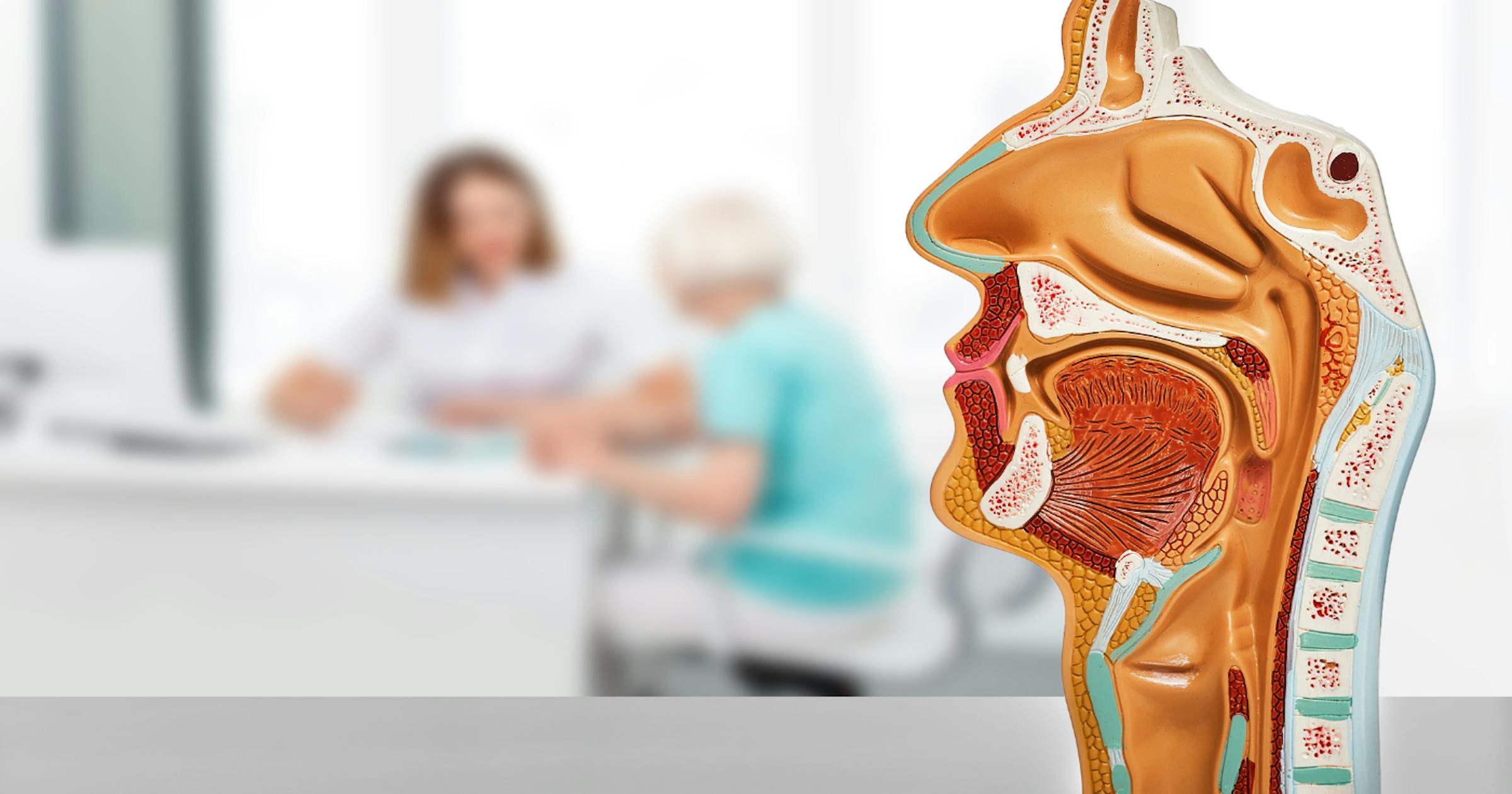
What’s Really Going On Up There?
So what is nasal regurgitation, anyway? In plain English: it’s when food or drink goes “the wrong way” and ends up in your nose instead of making its usual journey to your stomach. Kind of like an unplanned exit ramp on your body’s digestive highway. It happens when the back of your throat—specifically the soft palate and the curtain-like muscles back there—don’t manage to seal off your nose as you swallow.This little choreography usually works perfectly, but a hearty laugh, coughing fit, or even heavy breathing can throw things off just long enough for food or liquid to sneak upward.Based on this overview of nasal regurgitation
I mean, have you ever seen someone accidentally shoot milk out of their nose in the school cafeteria? Classic. But that scene has a technical name… and sometimes, a little more behind it.
Could It Be More Than Bad Timing?
Most of the time, it’s no big deal. (Promise!) But if food or drink keeps ending up in your nose, it could mean something’s not working quite right during swallowing. Maybe the muscles are weak or the nerves aren’t firing in perfect sync. (Think: your body’s like a flash mob, except one dancer keeps tripping over their own feet.)
This is where things like dysphagia—fancy word for “difficulty swallowing”—come into play. A bunch of different things can cause this, from muscle problems to reflux. People with conditions like spinal muscular atrophy (SMA), for example, deal with muscle weakness making chewing and swallowing a daily challenge.Check out this explanation of nasal regurgitation in SMA
How Do You Know If You Should Worry?
You know yourself best. If nasal regurgitation is rare (think: once in a blue moon, born from a good belly laugh), it’s likely nothing to lose sleep over. But if it’s crashing the party all the time? That’s your cue to dig deeper.
The Clear Signs: What Else To Watch For
This isn’t one of those “just ignore it and hope for the best” situations. Common red flags that often show up with nasal regurgitation symptoms include:
- Food or liquid getting stuck in your throat (that, “wait, is it going down?” sensation)
- Coughing or choking during or right after eating
- Pain swallowing—like your throat is doing the Macarena and forgot a step
- Unexplained weight loss or trouble keeping food down
- Voice changes, hoarseness, or frequent “frog in your throat” moments
- Chest discomfort, repeated lung infections or bronchitis
- Shortness of breath or dehydration
If you’re nodding along to more than one, it’s worth mentioning to your doc. Why? Because sometimes these random food-to-nose moments are your body waving a little red flag, hinting at something bigger—like a swallowing disorder.
Quick Table: Is Your Nose Spill Harmless or a Red Flag?
| Harmless (Occasional) | Concerning (Frequent) |
|---|---|
| Laughing while eating | Coughing, choking every meal |
| No pain or other symptoms | Pain, shortness of breath, or infections |
| No other health changes | Weight loss, trouble speaking or breathing |
Think of this table as a gut-check… or, more accurately, a “nose-check.” If your experiences land in the “concerning” zone, don’t just wait it out. Seriously!
But… Is Nasal Regurgitation Actually Dangerous?
Here’s the truth: is nasal regurgitation dangerous? On a random day, no. It’s an awkward story and a wet shirt—but not a crisis. But when it’s part of an ongoing pattern, it absolutely can be a warning sign.
The Real Risks — It’s Not Just Embarrassment
The biggie: repeated food or drink heading up (or, worse, down into your lungs) can set you up for infections like aspiration pneumonia—a lung infection that means food, drink, or even saliva has made its way into places it really shouldn’t.Read more about aspiration pneumonia here
Left unchecked, nasal regurgitation related to swallowing disorders can lead to malnutrition, dehydration, social anxiety (imagine feeling nervous at every meal), and even repeated hospitalizations for lung issues. Not fun.
I once met a friend’s grandmother who struggled to keep weight on. Everyone thought she was just “not hungry” until her doctor realized all her subtle coughing and nose issues meant she wasn’t swallowing safely. A few swallow therapy sessions later, she was back to enjoying her favorite cheesecake—instead of fearing it.
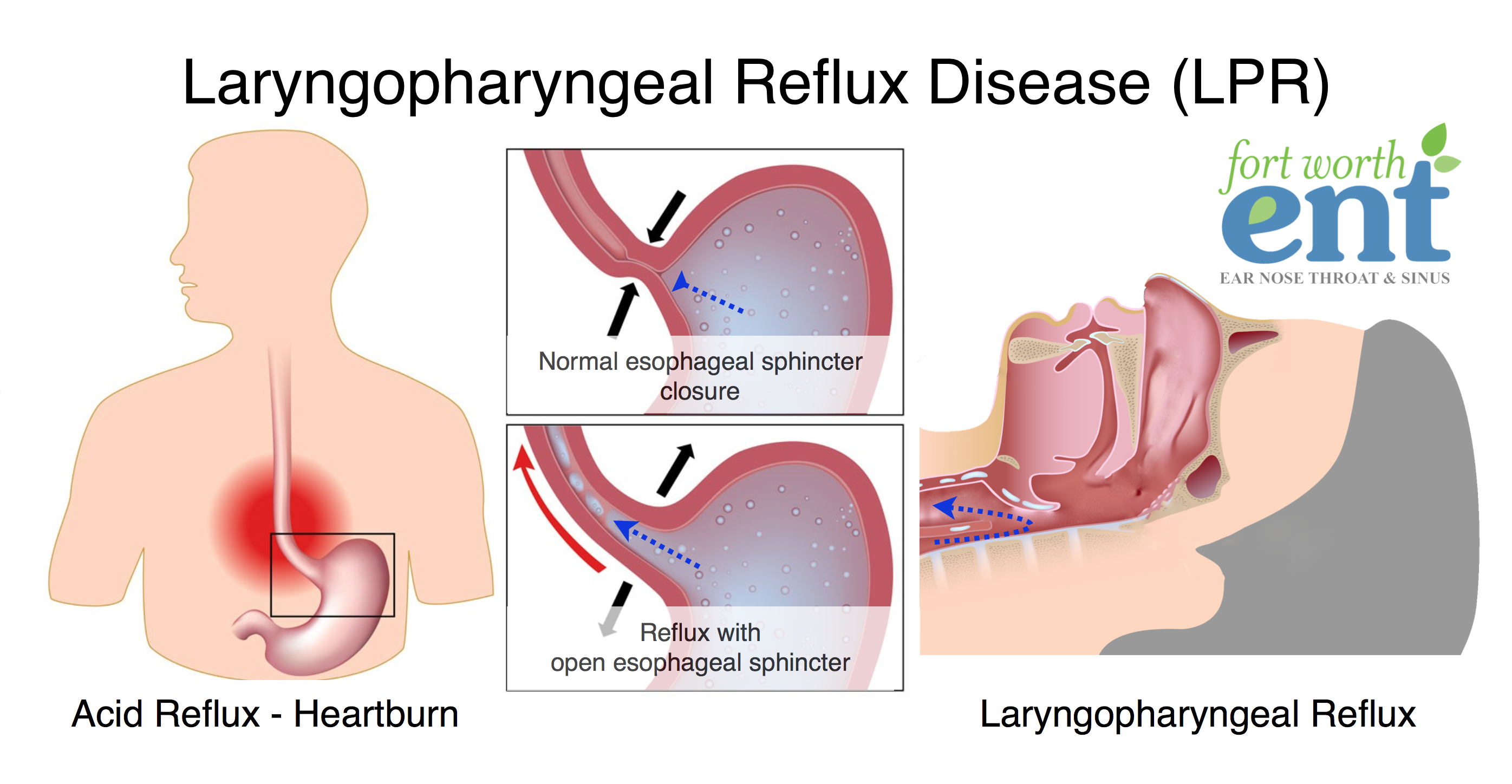
Why Does It Happen So Often to Some People?
It usually comes back to the muscles and nerves “running the show” for swallowing. If they’re weak, out of practice, tired (or just still learning, like in little kids or babies), they can’t completely close off the nose when you swallow. That leaves an open path for food or drink to take a little detour. Acid reflux can also play a role, especially when stomach contents irritate the throat and make sealing even harder.Explore causes of nasal regurgitation
Fun fact: about two-thirds of healthy newborns will have milk come out their nose at some point—it’s just their bodies getting used to the whole swallowing gig. Most babies outgrow it as their swallowing reflex matures (and as they learn there’s more to life than milk…)
So, What Should You Do About It?
First: don’t panic. If it happens once in a while, chalk it up to “my body wanted a laugh.” But if it’s recurring or you notice any of those red-flag symptoms, start paying closer attention.
Quick Tips You Can Try (Trust Me, I’ve Been There…)
- Eat slower. Seriously. Put down your fork between bites, or try setting a playlist so you literally pace your meals. (I once ate a sandwich in under 3 minutes… regret.)
- Sit upright when eating or drinking. Leaning back too far makes it super easy for things to go astray.
- Don’t talk or laugh with your mouth full. (I know, this feels like grandma advice. But it works.)
- If you do get food up your nose, gently blow your nose (don’t snort it back—that’s just asking for trouble) or try a saline rinse to clear things out and prevent irritation.Some home remedies for nasal food accidents
I had a phase where literally every time I ate with friends, something embarrassing happened. Turns out, my go-go-go lunch breaks (and my hurry to get back to work) weren’t doing me any favors. Since slowing down, it’s been a lot less eventful (and laundry gets easier, too.)
If you want a deep dive into what doctors actually look for and how to sort it out, read about nasal regurgitation treatment for all the nitty gritty. Trust me—it’s less mysterious than it sounds, and fast action can make a huge difference.
When’s It Time for a Doctor Visit?
If you’re experiencing any combo of: food routinely up your nose, frequent coughing or choking during meals, weight loss you can’t explain, or repeated chest infections—make that call. You might get a referral to an ENT (ear, nose & throat doctor), a simple swallowing test, or just expert tips to get things back on track. Better safe than sorry!
For chronic issues, exploring nasal regurgitation symptoms can help you flag patterns and give your care team concrete details. You might notice that it worsens with certain foods or stress, or only happens when you rush. Knowledge = power (and peace of mind).
What Does Treatment Look Like?
Good news: Most cases are manageable with a few tweaks (some as simple as changing how you eat). If muscle weakness or nerve issues are at play, speech or swallow therapy works wonders—think of it as “gym day” for your throat. In rare cases, surgery or specialized therapies are needed, but that’s pretty uncommon among otherwise healthy adults.
For folks battling acid reflux (hello, spicy food fans!), addressing reflux can often reduce nasal regurgitation. There’s more on that in any guide to nasal regurgitation treatment. Sometimes, it’s little shifts in lifestyle—smaller meals, less late-night snacking, propping your head higher at night—that make all the difference.
Oh, And For The Parents…
Babies and toddlers get a free pass on this one. Their swallowing muscles are still finding their rhythm, so occasional milk out the nose is totally par for the course. Just keep an eye on their growth and hydration, and flag anything out of the ordinary to the pediatrician. We all had to learn this “swallowing” thing sometime, right?
Wrapping It Up: Here’s What I’d Tell My Best Friend
So—is nasal regurgitation dangerous? Most of the time, not at all. Think of it as your body’s quirky way of reminding you to slow down, savor, and maybe watch who you sit next to when the jokes start flying.
But if it’s happening all the time, or you notice sneaky symptoms like coughing, pain, or trouble breathing, listen to your body. That’s not just bad luck or messy manners—it could be your internal “check engine” light. The sooner you sleuth out what’s going on (ideally with a health pro by your side), the sooner you’re back to confident mealtimes—no surprises, no sprints for the napkin.
My challenge to you? Tune into the signals your body sends. Laugh, enjoy food, but don’t ignore real patterns or changes you notice. Why not jot down (in your notes app—who still uses pen and paper?) when and why these moments happen? Share with your doctor or a friend—sometimes, even just the act of paying attention solves half the puzzle.
And hey, if you’ve ever ended up with noodles up your nose or want to swap tips for surviving awkward meal mishaps… drop a comment or share your story. We’re all figuring this out, one meal (and laugh) at a time.

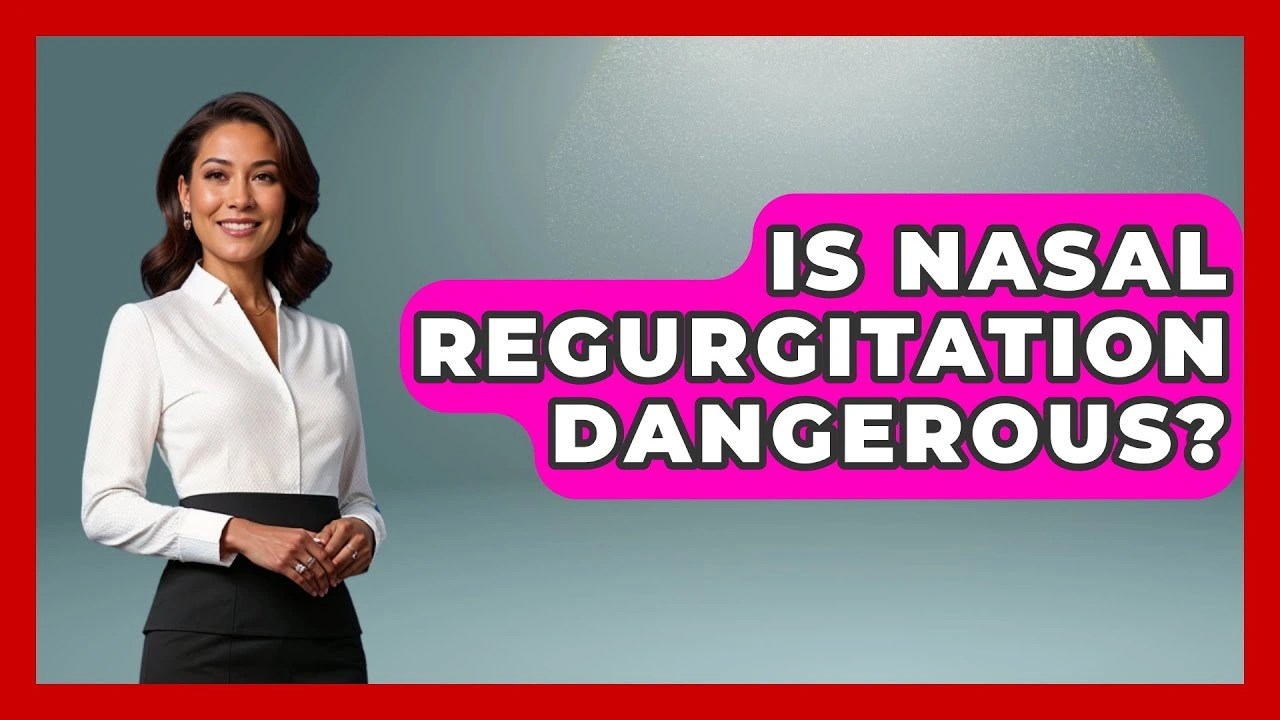

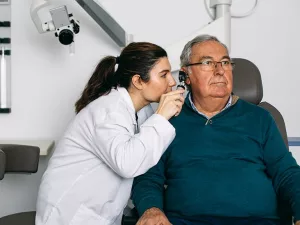



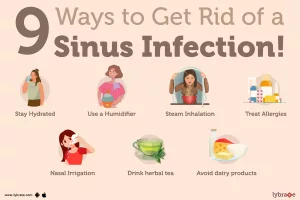



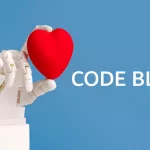









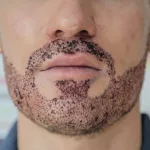

Leave a Reply
You must be logged in to post a comment.